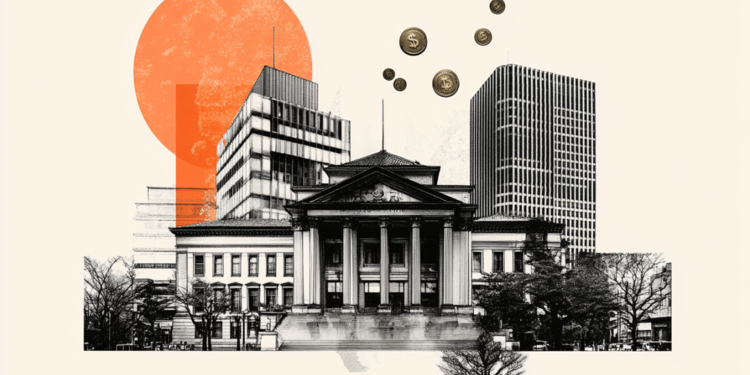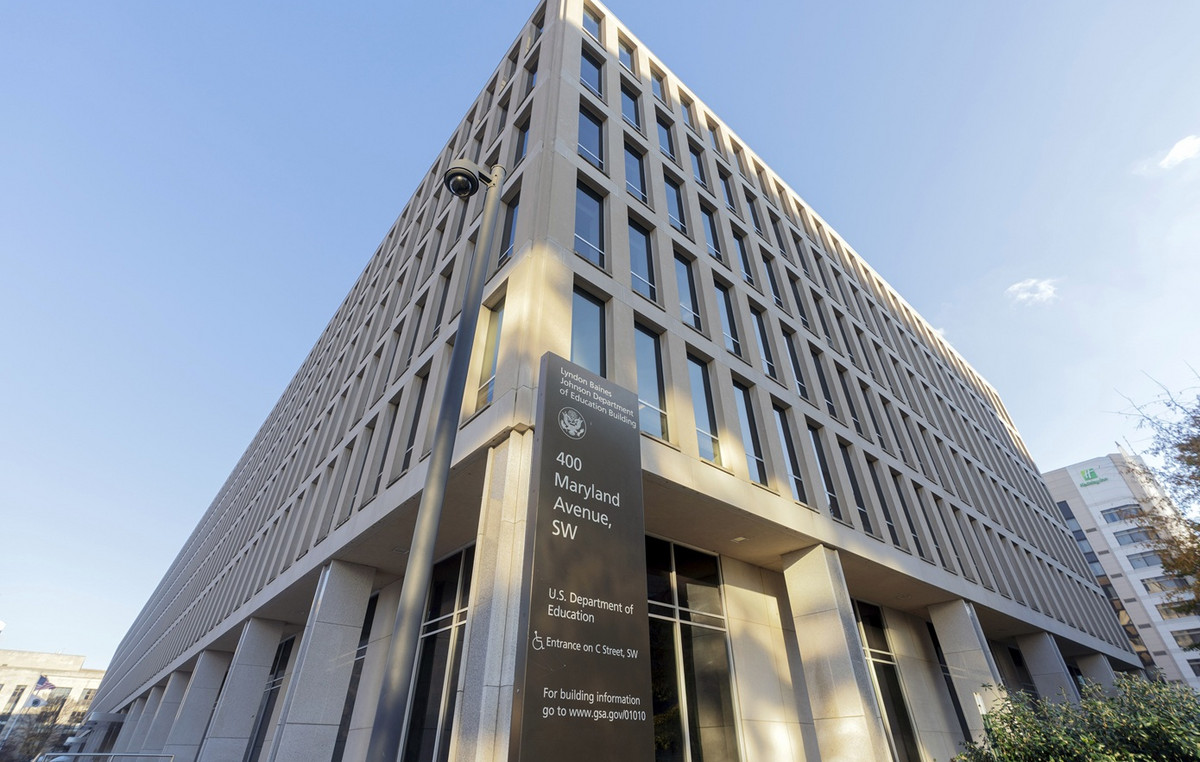The government of Rio Grande do Sul is mobilized to build “temporary cities ” in four municipalities in the state, which concentrate more than 65% of the population currently homeless due to the strong floods that hit practically the entire state of Rio Grande do Sul.
The term “provisional cities” is used only to facilitate the understanding of How will shelters work? as cities have other functionalities besides living, such as leisure, work and study, different from what is proposed in these provisional structures.
The location of the facilities needs to be close to the local population's reference points, close to jobs and the neighborhood, so that the sense of local community .
“It is important that the location respects people’s privacy needs. At first, it is acceptable, but, as time passes, the need for a reserved space increases”, says Renato Lima, director of CENACID — Center for Scientific Support in Disasters and UN consultant-specialist on the subject of environmental and natural disasters. .
Each country develops its structure according to available resources and local infrastructure. According to Renato Lima, during the 2010 Haiti earthquake , shelters in public squares received up to 50 thousand people in community tents. In countries like the United States, the standards are different.

The “temporary cities” will be equipped with rooms for families, as well as common areas such as bathrooms with showers, kitchens, laundry rooms and dedicated spaces for children and pets.
Generally, countries build shelters using points with the necessary structure, such as football stadiums and schools. In Porto Alegre, the chosen area is Porto Seco, located in the North Zone of the city.
In Canoas, the location will be the Municipal Olympic Center (COM); in São Leopoldo, the recommended one is the Events Center; while in Guaíba the most appropriate area continues to be defined.
“The standard predicted by Rio Grande do Sul complies with the standards established for disasters of this size ”, concludes Lima. The facilities will be distributed in the most affected municipalities: Porto Alegre, Canoas, São Leopoldo and Guaíba.
Source: CNN Brasil
I’m James Harper, a highly experienced and accomplished news writer for World Stock Market. I have been writing in the Politics section of the website for over five years, providing readers with up-to-date and insightful information about current events in politics. My work is widely read and respected by many industry professionals as well as laymen.







